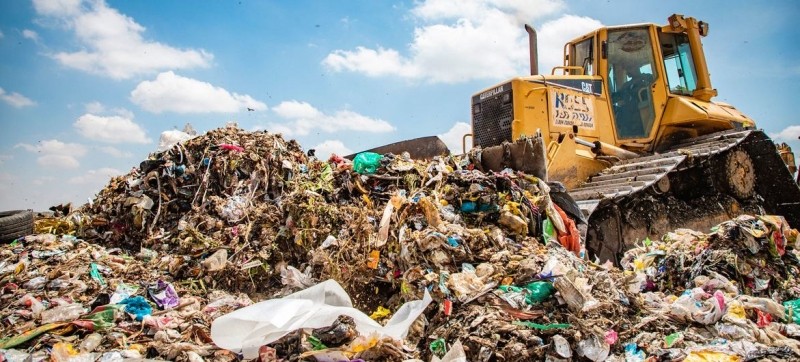© UNEP/Duncan Moore Earth’s natural resources are being consumed far faster than the planet can sustain.
In a hard-hitting report to the Human Rights Council, Special Rapporteur David Boyd underscored that current business practices, particularly large coporations, pose a severe threat to the planet’s ecological integrity.
‘Colossal impacts’ of the ultrarich
Mr. Boyd emphasized the “colossal impacts” on natural resources, which are being consumed six times faster than the planet can sustain.
“Led by the ultrarich, with their private jets, yachts, massive mansions, space travel and hyperconsumptive lifestyles, humanity is exceeding Earth’s carrying capacity,” the report stated in stark language, singling out the ecological footprint of the world’s most developed nations.
“If everyone consumed like the average American, we would need another four Earths to supply the resources and absorb the wastes,” it added.
Profound consequences
“We are sabotaging Earth’s life support system, with profound consequences for human rights,” he warned.
We are sabotaging Earth’s life support system, with profound consequences for human rights
– David Boyd
He added that States have failed to adequately regulate, monitor, prevent and punish businesses for their abuses of the climate, environment and human rights.
“The situation is further exacerbated as States often encourage, enable and subsidize destructive business activities.”
The Human Rights Council-appointed independent expert highlighted some of the most destructive impacts of business enterprises on the right to a clean, healthy and sustainable environment.
Among them are so-called “greenwashing”, the undermining of scientific fact, enabling corruption and the use of lawsuits to silence debate and intimidate critics. The impacts are documented in a policy brief supplementing Mr. Boyd’s report.
“All businesses are responsible for respecting human rights, including the right to a healthy environment,” he said, stressing States’ duty to protect human rights from actual and potential harm that businesses may cause, and their obligation to hold businesses accountable.

© UNICEF/Zhantu Chakma Stark inequalities between the rich and the poor.
A paradox
Mr. Boyd also highlighted a paradox confronting the international community.
He cited the imperative of reducing the ecological footprint to slow climate change while also acknowledging the necessity for increased energy and material use and availability in the Global South.
Tweet URL
This, he asserted, is crucial for achieving a comfortable standard of living and ensuring the full enjoyment of human rights, calling on the developed world to spearhead efforts.
“Wealthy States must take the lead in reducing their footprints and financing sustainable and equitable growth in the global South.”
Prioritize benefits, not profits
The independent expert presented several recommendations to achieve ecological sustainability, including a shift away from measuring Gross Domestic Product (GDP), which puts a monetary value on all economic activity as the sole indicator of progress.
He also called for human rights due diligence legislation, the adoption of rights-based climate and environmental laws, imposing accountability on polluters and fostering new business paradigms which prioritize societal benefits over shareholder profits.
“Paradoxically, businesses have a critical role in supporting society’s quest for a just and sustainable future. Therefore, we need to promote good practices and require all businesses to shift to a paradigm that puts people and the planet before profit,” Mr. Boyd said.
Special Rapporteurs are not UN staff and are independent of any government or organization. They serve in their individual capacity and receive no salary for their work.




Comments are closed.